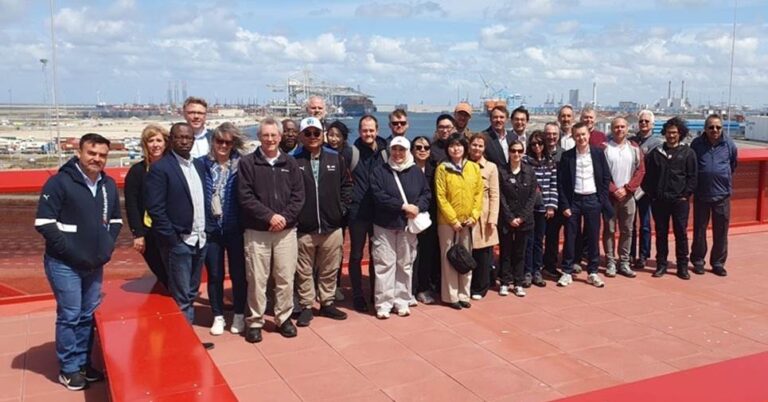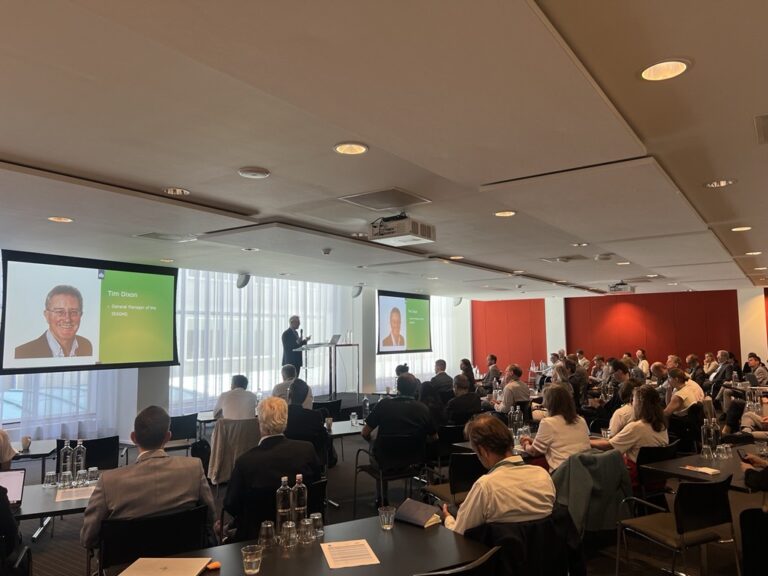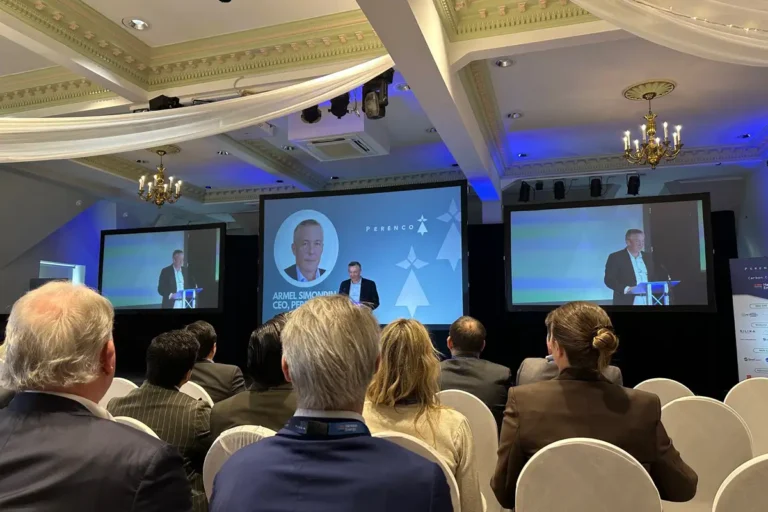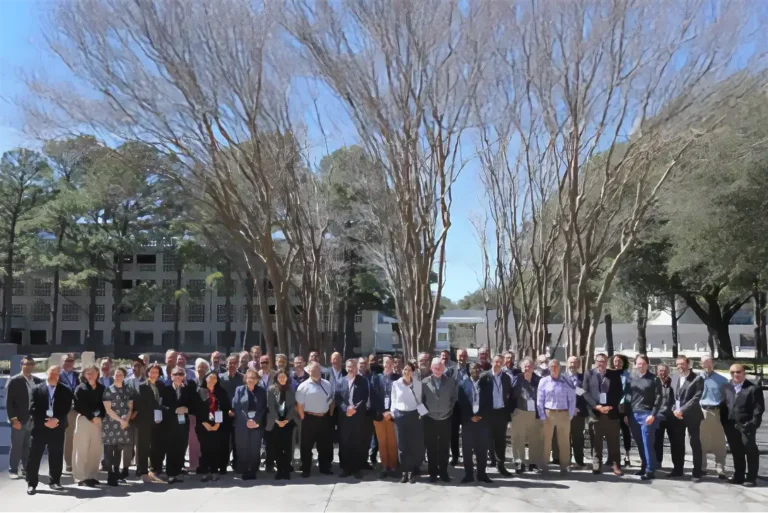
GHGT-15: Panel Discussion 4 – CCUS in the Oil and Gas Sector
19 March 2021

The challenges faced by the oil and gas sector, and the associated development of CCUS, were illuminated in the fourth panel discussion of the GHGT-15 virtual conference.A North American perspective was presented by Ganesh Dasari from ExxonMobil, Scott Wehner of CaprockCarbon, Tim Wiwchar of Shell Quest and Nigel Jenvey from GafffneyCline. Tidjani Niass of Aramco and Aaesha Al Keebali from ADNOC contributed a view from the GCC countries. It was moderated by James Craig, the IEAGHG Technical Programme Manager.
All the presenters highlighted the maturity of the oil and gas sector and how its collective expertise is helping to develop CCUS. Scott Wehner emphasised that although CO₂-Enhanced Oil Recovery (CO2-EOR) is now a well-established practice it does depend on sound reservoir engineering, the injection pattern and flood control. It currently depends on CO2 from low-cost sources as well as technical expertise. The 45Q tax credit does work but would be more effective if it was higher and better if it could be traded. The challenge for CO2-EOR in the GCC region is the lack of incentive to implement it given the low production costs. However, CO2-EOR is being implemented in both Abu Dhabi and Saudi Arabia. Both these countries have strong aspirations to reduce carbon emissions especially as part of a circular carbon economy where CCUS is integrated with other key activities including desalination.
The success of Shell’s Quest project has demonstrated that cost reduction as well as technical achievement can be achieved. As a pioneer project Shell have been able to identify significant cost savings for future projects by, for example, modular construction. The company believe collaborative ventures and the prospect of industrial hubs will further advance CCUS. Supportive policies at national and international levels will also be necessary.
A comparison with the development of renewable energy technologies was discussed. Wind and solar energy have benefited from policies specifically designed to incentivise cost reduction which was led to dramatic falls in electricity prices. In contrast CCUS faces a low unit price for carbon which makes investment unattractive unless the carbon price is raised to a more realistic level.
Perhaps the biggest challenge for any CCUS development, particularly the storage component, is that each project is governed by site-specific conditions which need to be determined for each case. Nevertheless there is growing optimism across the oil and gas sector as larger integrated CCUS projects are being planned and implemented. Live projects will help to build confidence and efficiency leading to cost savings.
Other articles you might be interested in
Get the latest CCS news and insights
Get essential news and updates from the CCS sector and the IEAGHG by email.
Can’t find what you are looking for?
Whatever you would like to know, our dedicated team of experts is here to help you. Just drop us an email and we will get back to you as soon as we can.
Contact Us NowOther articles you might be interested in
Get the latest CCS news and insights
Get essential news and updates from the CCS sector and the IEAGHG by email.
Can't find what you are looking for?
Whatever you would like to know, our dedicated team of experts is here to help you. Just drop us an email and we will get back to you as soon as we can.
Contact Us Now









